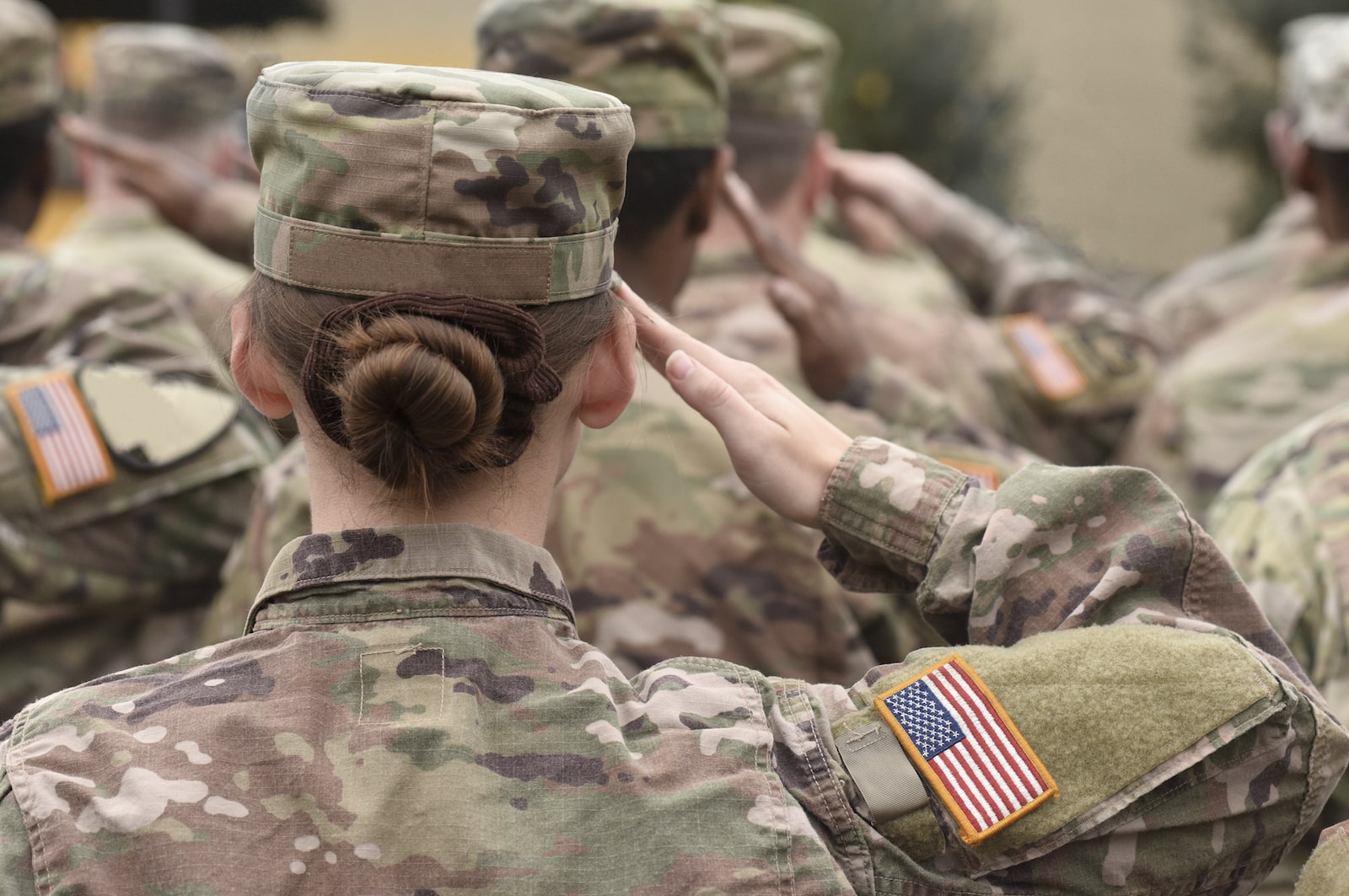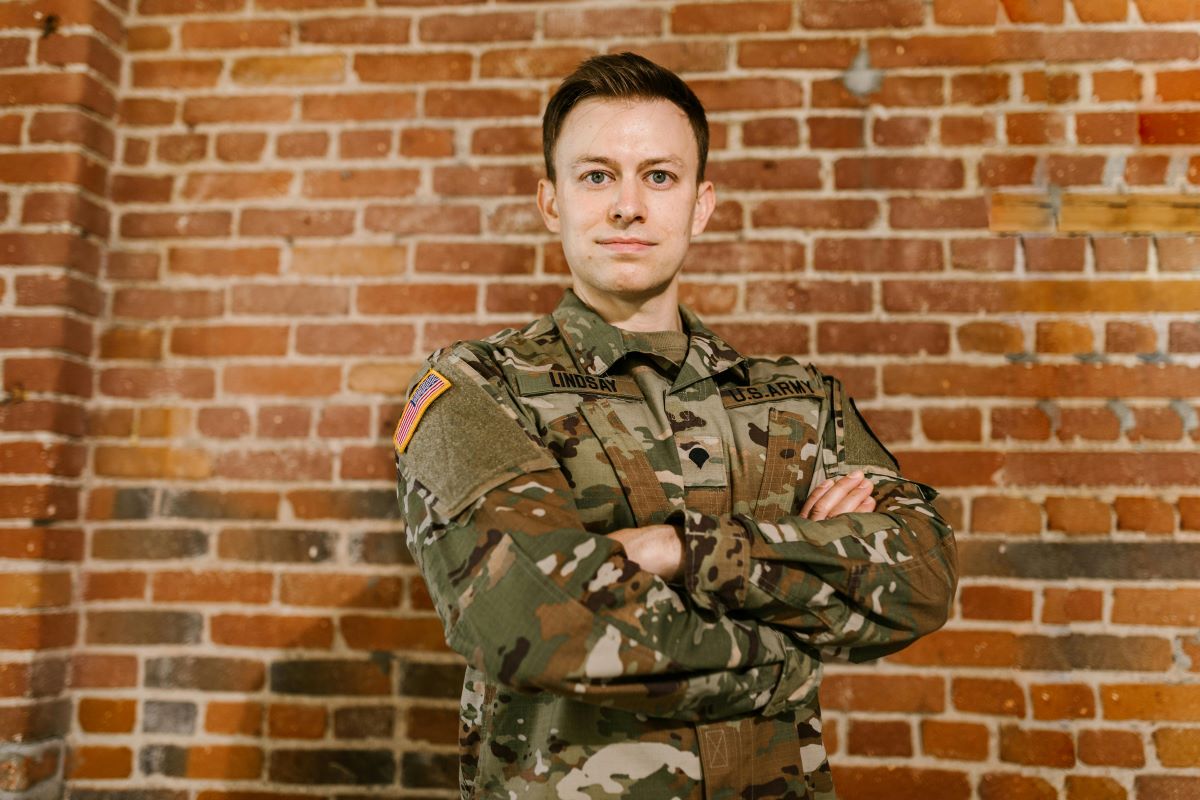Basic Training Exposed: The Real Boot Camp Story
Military basic training, often referred to simply as “boot camp,” is where civilians transform into soldiers, learning the fundamentals of military life, discipline, and physical fitness. Here’s a behind-the-scenes look at what really goes on in these intense training programs across various branches of the military.
1. Reception and Processing

The journey begins with reception week, where recruits are processed and receive everything from haircuts to uniforms. This initial phase includes medical evaluations, paperwork, and an introduction to military life’s strict discipline.
2. Physical Conditioning

Physical fitness is a cornerstone of basic training. Recruits undergo rigorous daily workouts that include running, push-ups, sit-ups, and obstacle courses designed to test and improve their strength, endurance, and agility.
3. Drill and Ceremony

Learning to march and perform drills is a fundamental aspect of basic training. These exercises teach recruits discipline, teamwork, and the importance of following precise instructions.
4. Weapons Training

Recruits receive extensive training on various weapons, focusing primarily on the standard-issue rifles. This training covers everything from disassembly and maintenance to marksmanship and safety.
5. Classroom Instruction

Basic training isn’t all physical; there’s a significant classroom component where recruits learn military history, core values, and the basics of military justice and law. This education is crucial for understanding their roles as soldiers.
6. Survival Skills

Training also includes survival skills, such as navigation, camouflage, and first aid. These skills are essential for ensuring that soldiers can survive and operate effectively in combat environments.
7. Chemical Defense Training

Recruits are exposed to a controlled environment where they experience the effects of tear gas and learn to operate in nuclear, biological, and chemical attire. This prepares them for potential warfare environments where these hazards are present.
8. Combat Training

As part of their progression, recruits undergo simulated combat scenarios that teach them how to react under fire, move as a unit, and employ tactics that could save lives on a real battlefield.
9. Bayonet Training

Though less common now, bayonet training is a traditional part of military preparation, teaching recruits the techniques of using a rifle with a bayonet attachment—emphasizing aggression and close-quarters combat skills.
10. The Gas Chamber

One of the most memorable experiences of basic training is the gas chamber, where recruits must enter a sealed room filled with CS gas (tear gas), testing their ability to properly use their gas masks and remain calm under distressing conditions.
11. Field Exercises

Field training exercises (FTX) are multi-day drills where recruits put all their learned skills to test in a field environment. This exercise mimics real combat conditions, complete with simulated enemy attacks and tactical operations.
12. Military Protocol

Recruits learn military protocol and etiquette, including how to salute, address superiors, and the proper conduct expected in various military settings.
13. Confidence Course

The confidence course is designed to challenge recruits physically and mentally, helping them overcome fears and build confidence through complex obstacle courses.
14. Leadership Training

Basic training also includes elements of leadership training, where recruits are sometimes given temporary leadership roles within their units, helping to instill and identify potential future leaders.
15. Team Building

Throughout the training, a strong emphasis is placed on teamwork. Recruits must learn to work together and rely on each other, building bonds that can be crucial in combat situations.
16. Graduation

The culmination of basic training is graduation day, a significant event where recruits demonstrate their new skills in front of family and friends. Graduation marks their transition from recruits to soldiers.
17. Advanced Individual Training

After basic training, soldiers move on to Advanced Individual Training (AIT), where they receive specialized instruction related to their specific military occupational specialties (MOS).
18. Continuous Learning

The learning doesn’t stop at basic training. Throughout their military careers, soldiers must continually participate in additional training and education to advance their skills and rank.
Where Transformation Happens

Military basic training is designed to be tough; it needs to be. It’s where civilians are transformed into soldiers, equipped with the skills, discipline, and strength they need to face the challenges of military life and combat. The intense regimen not only prepares them for the physical demands but also instills a sense of duty, honor, and commitment that defines military service.
Toxic Talk: 21 Phrases to Never Say to Your Kids

Are you worried about the impact of your words on your child’s well-being? Let’s tackle 21 phrases that might be causing more harm than you realize. Toxic Talk: 21 Phrases to Never Say to Your Kids
Breaking Ties: Recognizing When It’s Time to Go No-Contact with Parents

Deciding to go no-contact with a parent is a profound, often painful choice, but sometimes it’s necessary for personal well-being. Are you grappling with the decision to distance yourself from a toxic parental relationship? Breaking Ties: Recognizing When It’s Time to Go No-Contact with Parents
Stop the Stereotypes: 20 Gender-Based Comments Kids Don’t Need

It’s time to challenge traditional narratives that limit kids’ potential. Here are gender-specific phrases and ideas to avoid, fostering a supportive and open-minded environment for the next generation. Stop the Stereotypes: 20 Gender-Based Comments Kids Don’t Need
Reasons Your Adult Children May Be Pulling Away

Are you wondering why your grown-up kids seem to keep their distance? It might be a good time to look back and consider if some old parenting habits are to blame. Reasons Your Adult Children May Be Pulling Away
Want Happy Kids? Try These 15 Parenting Strategies

Parenting is both a privilege and a responsibility. Here are 15 research-backed strategies to help you raise happy children. Want Happy Kids? Try These 15 Parenting Strategies
The post Basic Training Exposed: The Real Boot Camp Story first appeared on Peachy Fours.
Featured Image Credit: Pexel / RDNE Stock project.
For transparency, this content was partly developed with AI assistance and carefully curated by an experienced editor to be informative and ensure accuracy.







